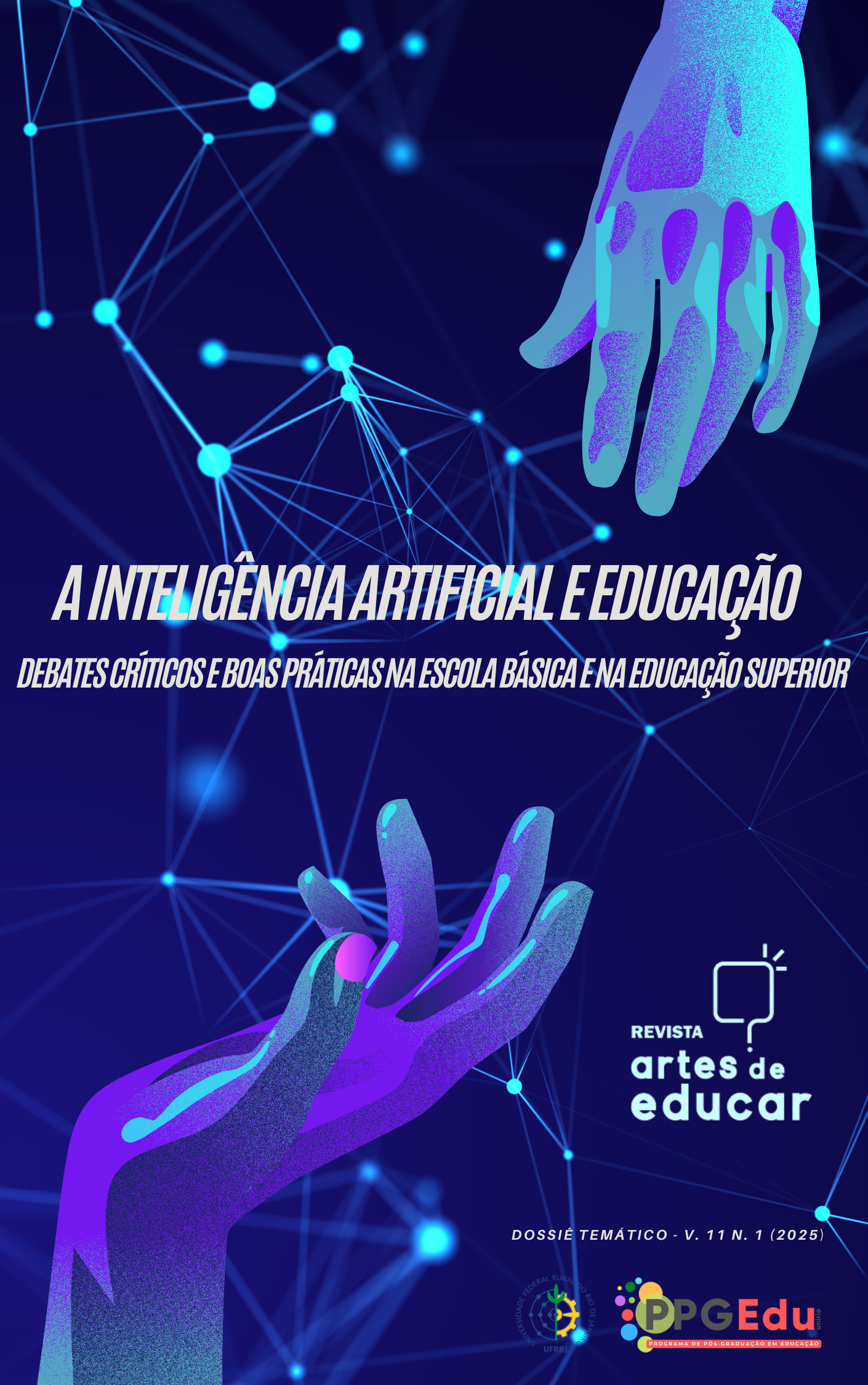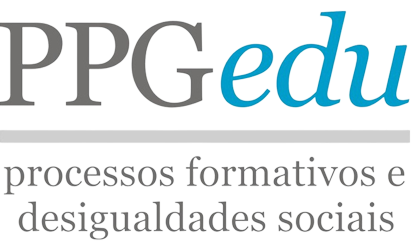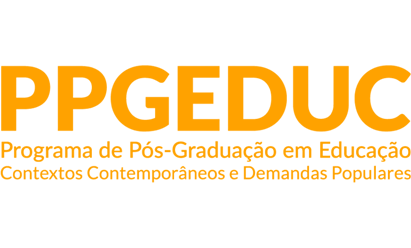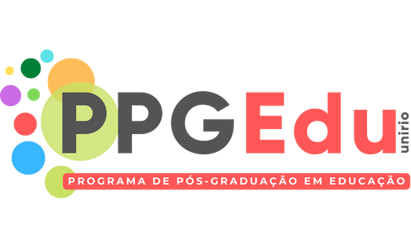DESAFIOS E PERSPECTIVAS DO TRABALHO DOCENTE EM TEMPO DE INTELIGÊNCIA ARTIFICIAL
DOI:
https://doi.org/10.12957/riae.2024.85911Abstract
The objective of this article is to raise questions about the future of the teaching profession, in particular about the consequences of the adoption of Artificial Intelligence (AI) in public education policies and schools. The hypothesis raised is that contemporary reconfigurations of capitalism - mainly neoliberal reforms, productive restructuring and the insertion of large-scale technologies in the work environment - in addition to intensifying the control and precariousness of teaching work, are “replacing” a portion of teachers generating structural unemployment and further increasing the exploitation and expropriation of the teaching workforce. Therefore, the questions that guide our reflection here are: how and to what extent do new technologies affect the teacher's work? To what extent can new technologies, especially Artificial Intelligence, replicate and give new meaning to teaching work? How are public education policies focused on Artificial Intelligence being articulated in the educational area? The article is an essay, where we will reflect on the use of AI in education and the possible consequences for the teaching profession. For this reflection, we start from the understanding that the process of exploiting teaching work, by introducing a large technological apparatus into education, could take place in an even more perverse way with the possible “replacement”, at least in some sectors, of the hands of teaching work by Artificial Intelligence. In this sense, it is possible to say that it is necessary to give new meaning to teaching work.
Downloads
Published
How to Cite
Issue
Section
License
Copyright (c) 2025 Juliana Oliveira de Santana Novais, Dirce Zan

This work is licensed under a Creative Commons Attribution-NonCommercial 4.0 International License.
Authors retain copyright to their work, are permitted to publish and distribute their work online (e.g., in institutional repositories or on their personal page) at any point before or during the editorial process, as this may generate productive changes, as well as increasing the impact and citation of published work.
The acceptance of the text implies the authorization and exclusivity of the Revista Interinstitucional Artes de Educar regarding the right of first publication, the published works are simultaneously licensed with a Creative Commons Attribution-Non Commercial 4.0 International License 























